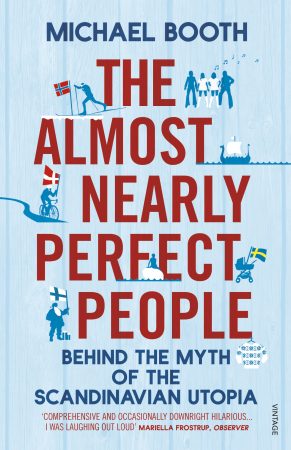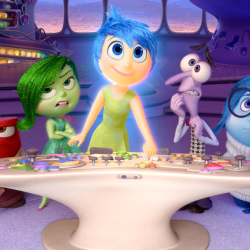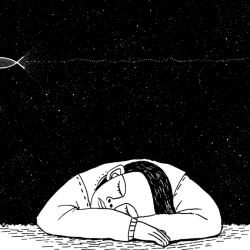‘Happy families are all alike; every unhappy family is unhappy in its own way.‘ Few quotes as famous as the opening line of Leo Tolstoy’s Anna Karenina portray happiness as universal and unhappiness as individual experiences. The quote has stayed with me like few others have because I was never sure whether I agreed or disagreed with it. It’s one of those things which stays unsolved over time. Happiness is not easy to understand. While as an emotion it is easy to get when one is happy and is not, as a construct of human experience it is not as simple as a binary. It is a lot more nuanced.
In the Enlightenment era, Alexander Pope declaimed ‘Oh happiness. Our being’s end and aim!‘ In line with this, growing up most of our parents exhorted us to ‘be happy’ no matter the situation. Taken to its extreme is its modern form, ‘toxic positivity’ — a culture that normalises not being open about your feelings even to yourself if they are not of the happiness variety. Yes, I’m thinking of Ted Lasso (2020—) too.
The toxic ‘be happy’ culture squarely puts the responsibility on the individual, but socio-political dynamics influence the pursuit of happiness. Well-being depends on the interplay between these three spaces that all humans navigate. The most relevant in this context today are LGBTQ rights. The Indian supreme court is currently hearing petitions to legalise gay marriages with the Indian government vehemently opposing it. But even if gay marriages are legalised, complete social acceptance for gay couples could still be distant, as India remains deeply traditional and patriarchal. The happiness of these individuals particularly is affected by state and society.

No discussion on happiness is complete without invoking the Nordic countries and their welfare economy — the envy of the world as far as contentment goes. The Gini Coefficient, a reflection of the distribution of wealth in a nation indicates not just how equal its society is, but also how happy its people are likely to be. With reference to Denmark which ranks consistently well on the Gini coefficient metric, Michael Booth — the author of The Almost Nearly Perfect People: Behind The Myth of the Scandinavian Utopia — wondered if most equal societies don’t tend to be boring. In his book he quotes newspaper columnist Sofia Hermansen as saying ‘It is so boring in Denmark. We wear the same clothes, shop in the same places, see the same TV, and struggle to know who to vote for because the parties are so alike. We are so alike it makes me weep…’ You may be living in a stable society which is egalitarian, socially mobile, not corrupt, and practices wealth and gender equality, but your happiness cup may still not be overflowing. In Finland — the happiest country according to the World Happiness Report 2023 — suicide was responsible for one-third of all deaths among 15–24 year olds in 2018.
In Eastern cultures, happiness is a state of harmony and balance focused on contentment. In the West, it is associated with positive emotions and pleasurable experiences. Because of social media, cultural differences in approach to happiness are diminishing. The increased uptake of yoga, meditation, mindfulness — all exports of the East — are an attempt at some form of contentment where the hyper-consumerist western society is busy peddling happiness through products that are not needed. However, the reverse is true as well. A boy sitting in Indore in India looks at the Instagram reel of someone his age in Sydney, and feels that he is not leading the ‘cool’ life that the westerner is. This comparison leads to discontentment.
Given the reality of the world we live in today, each of us should determine what makes us happy. For some, only serotonin-fed contentment can get boring (like it is for the Danes). But it makes for a stable, cosy life and community where you smile at strangers, take food over to a sick neighbour, stay in for family dinners, take a walk in your city or in the woods, curl up with a book or volunteer for community work. And it’ll certainly help if your government takes care of you when you need it to.
Universal values of community, connection, kindness are the bedrock of a good society which lays the foundation for a contented life. However for sensory, dopamine-induced fun, you can travel, dine at a fancy restaurant, buy that lovely dress you have been eyeing for long, try adventure sports, pick up a new skill, land that promotion… it gets rid of the monotony. At least for a while. But it is essential too.
My vote goes for large, healthy doses of serotonin coupled with a few dopamine hits. I think Tolstoy would agree.
Featured image: Anna Karenina / Leo Tolstoy































